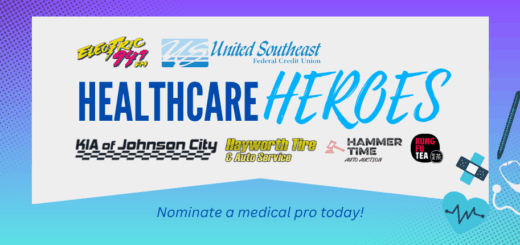Global Pandemic, Racial Injustice, Unemployment And More. How To Cope With The Stress

The first cases of Coronavirus were first reported in the United States in January 2020. The full measure of the horrors that were to follow were not fully understood until far later. According to the Centers for Disease Control and Prevention, 108,064 Americans have died from the Coronavirus as of June 5th, 2020. Life as we knew it has drastically changed. To say we are still struggling with the challenges of understanding and coping with this deadly virus is a vast understatement.

The death of George Floyd at the hands of Derek Chauvin, Thomas Lane, J. Alexander Kueng, and Tou Thao, all formerly of the Minneapolis police department, have re-opened a wound of racial and social injustice that has resulted in peaceful protests across the globe. There’s been rioting, looting and destruction at the hands of those who apparently do not have peace in mind. Anger, violence and atrocities have been committed against peaceful protesters, and against police officers. No matter where you stand, this hurts. Deeply. We are a country that should be standing united against not only a vicious pandemic but, against any act of violence dealt to a fellow human being.
If you’re feeling overwhelmed, stressed and anxiety ridden, you are not alone. According to Chicago CBS Channel 2, “Prior to the coronavirus pandemic, more than 20 percent of Americans had symptoms of depression or anxiety. Researchers estimated that number tripled last month.”
Fear and anxiety can be overwhelming and cause strong emotions. Dealing with those feelings are essential to the well being not only for yourself but, for your children. Reaching out and speaking with someone is just as important as getting stitches after receiving a deep, open wound. There are resources available and to take advantage of them needs to be the seen as the sign of strength that it is.
The Tennessee Statewide Crisis Line, available 24 hours a day/365 days a year, is a resource for anyone experiencing a mental health crisis. All calls are routed to a trained crisis counselor in your area, who will provide you support and guidance, and work to connect you with appropriate community supports. This service is free! Call 855-CRISIS-1 (855-274-7471).”
In Virginia, their “Warm Line can be used to provide peer support — to help you identify coping strategies, local area resources and support groups, allow you to vent (without bias), etc. to support your overall, and specifically, your mental health well-being. If you need support in calling the crisis hotline(s), we can always conference call with you in order to provide you with support as we know how emotional these situations can be.” –Mental Health of America Virginia. Should you be in crisis, contact the National Crisis Hotlines 1-800-273-8255, or 911. Mental Health America also has a partnership with Crisis Text Line; text MHA to 741741 if you’d like to use the Crisis Text Line.
No matter where you are, you can also call the National Alliance on Mental Illness at (800) 950-6265, or text the word ”NAMI” to 741-741, and you will be connected with a counselor.
You can also avail yourself of Crisis the Text Line, which is a free, 24/7 support for those in crisis. Text 741741 from anywhere in the US to text with a trained Crisis Counselor. Crisis Text Line trains volunteers to support people in crisis.

The Federal Government also offers information at mentalhealth.gov.
We are all learning that this is truly a new world. One fraught with fear, changes and opportunities for growth. It’s only natural we would need assistance along the way. Reach out, talk to others and understand that in the end, all we have is one another. – Jinger Royal





